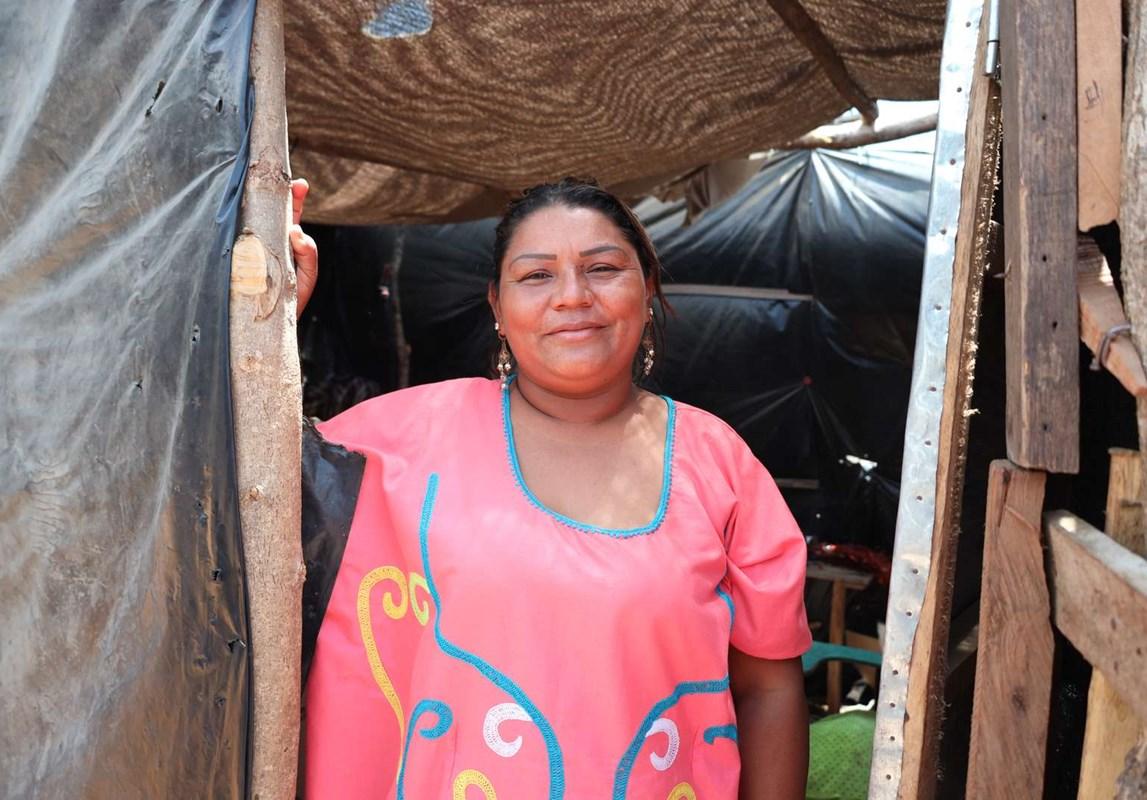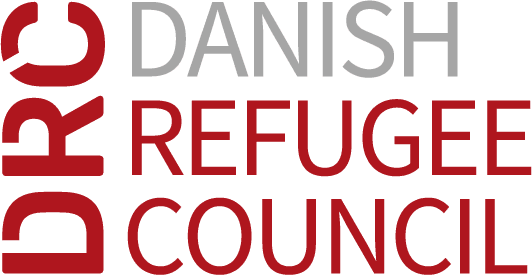

Healing Venezuela. Effective aid assistance with local partnerships
04 October 2022
How direct health support has direct impact on affected communities.
When Cinzia De Santis left Venezuela in 2003 to the UK for a better job offer and due to already increasing political volatilities in the country, little did the trained biologist know that this temporary endeavor would be a goodbye for many decades.
When the humanitarian crisis in Venezuela started to worsen in 2014, it became clear to Cinzia and her husband that their fellow Venezuelan people needed help. Their idea grow into the UK-based charity Healing Venezuela, which they founded in 2016 with the aim to contribute in alleviating the crisis in the homeland.
Healing Venezuela implements its programs through partnerships with local civil society groups, rural health centers and state hospitals. To date, Healing Venezuela has donated 12+ tons of medical supplies, delivered more than 1,000,000 meals to children at risk of malnutrition, sponsored 300 junior doctors, repaired and donated 12 critical medical devices and installed 3 water treatment plants in hospitals.
We started collecting equipment and medical supplies discarded by the health system in the UK but still usable and send them to Venezuela. As we matured as a charity, we are now focusing on longer term programmes, such as improving hospitals' infrastructure, sponsoring junior doctors, and preventing malnutrition in children.
According to Cinzia De Santis, the establishment of partnerships was a gradual process. In 2016, Healing Venezuela started sending medical supplies to one reliable contact in one hospital. Additional contacts were identified through personal connections or through social media. A selection process was put in place that included on-the-ground verification of potential partners. In order to deal with a growing number of requests for assistance, a process was implemented whereby the Board decides which requests will be pursued. Receiving institutions are asked to supply evidence, including data and pictures, on the receipt and the use of the supplies.
Using knowledge from skilled diaspora members
Healing Venezuela has applied the professional experience of diaspora members from the corporate sector to set up a management system with key performance indicators, reporting and auditing the programs. The
system uses both quantitative and qualitative data to show the impact. Financial reports are published bi-annually, and updates are shared quarterly through newsletters.
Trust and respect build lasting partnerships
Over time, local actors were selected and any partnerships which did not fulfil the reporting requirements were ended. In 2022, Healing Venezuela is working with six partners instead of the original 24 to supply medical supplies to partners and has installed critical equipment in 7 hospitals as well as sponsoring junior doctors in 8 hospitals in different areas of the country. In the malnutrition prevention program, cooperation is limited to two centers working closely with the communities.
Often, during our meetings we have tears in our eyes. With the pain, comes also the frustration as we wish we could have the resources to help everybody. But we have learned that to be effective we can't let emotions prevail. We have to keep reminding ourselves that as well as an open heart we need to keep a clear mind.
Should we take sides?
The implementation of a transparent management and reporting system is resource-intense and requires a high degree of dedication from the volunteers. In addition, the crisis in Venezuela is highly politicized which complicates the support of diaspora organizations to the affected populations.
For assistance to be effective, both transparency of funding sources and a low public profile that doesn’t take public political positions are necessary. Blanket sanctions on Venezuela have also hindered humanitarian operations.
Healing Venezuela
How everything began and how you can support us!
Four lessons we have learned!
- Quality is more important than quantity. If partnerships do not meet certain standards, diaspora organizations need to be able to terminate them.
- Respect and trust in local partners is important for partnerships to flourish, especially in politicized environments.
- Do not overcomplicate the collection of evidence on the effectiveness of assistance. For example, Healing Venezuela puts a local UK newspaper in its supply boxes and asks recipients to take a picture when the material arrives.
- An appropriate management system, the right culture and skill set are key to maintain effective partnerships with local implementing partners.
Cinzia De Santis is still hopeful that things will change in Venezuela, and she can return with her husband to the beautiful country she once left.
We used to say that Venezuela was a branch of paradise. We can still make that happen, and rebuild a prosperous and peaceful nation where we can all live without fear in our beautiful country.
Photo Credits: DRC Venezuela/Colombia; Unsplash. Slideshow first image: Cinzia De Santis by Antoine Tardy
That could also interest you

What can we learn from diasporas? Good practices in humanitarian response
Harnessing the good to become better together in delivering life-saving aid!

WhatsApp Syria? Taking diaspora engagement to the next digital level
How a Syrian umbrella organization coordinates humanitarian response.

Uniting Haiti's diaspora under one umbrella
Integrating efforts facilitates efficient humanitarian response.













